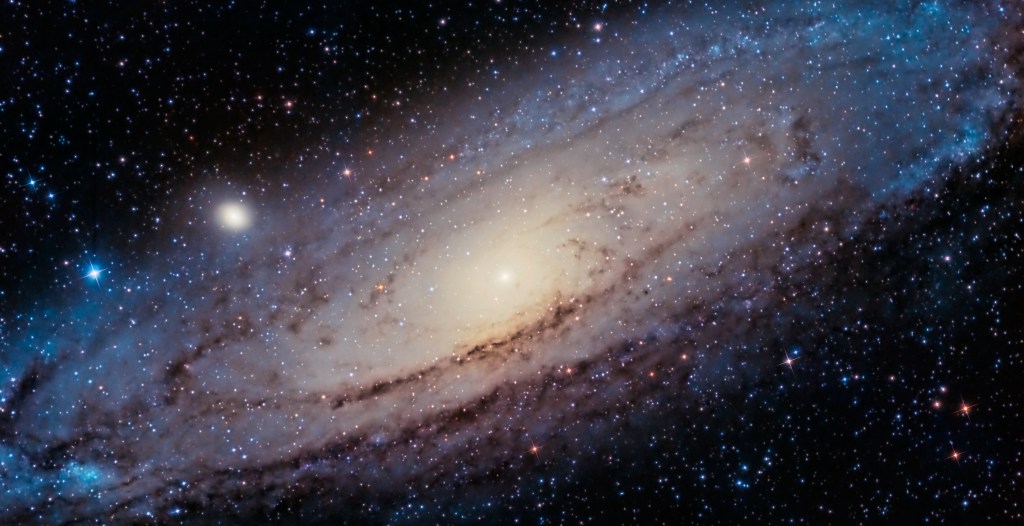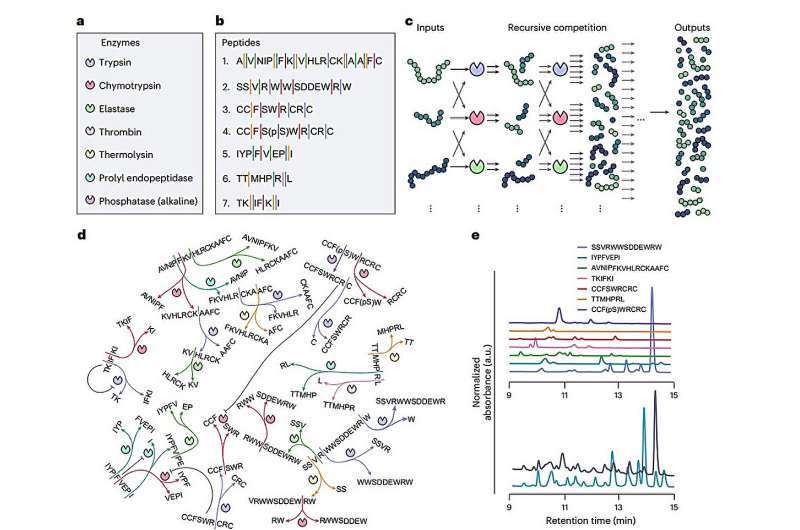A recent study led by astronomer Young-Wook Lee from Yonsei University posits a controversial revision to the prevailing understanding of the universe’s expansion. Published in the Monthly Notices of the Royal Astronomical Society, the research suggests that rather than accelerating, the universe has been slowing down for approximately 1.5 billion years. This claim could significantly alter the current cosmological narrative, which has long held that the universe is expanding at an ever-increasing rate.
The team’s findings challenge the established view that Type Ia supernovae, commonly used as cosmic distance indicators, shine uniformly. Lee’s research indicates that the brightness of these supernovae is influenced by the age of the stars that produce them. Specifically, older stellar systems yield dimmer explosions, a factor that, according to the researchers, complicates the interpretation of cosmic distances and casts doubt on the acceleration theory.
“Our study shows that the universe has already entered a phase of decelerated expansion at the present epoch,” Lee stated. He further posits that dark energy, a mysterious force believed to be driving the expansion, may not be a constant but rather something that evolves over time.
The implications of this research are profound. If validated, it could represent one of the most significant shifts in cosmology since the concept of dark energy was introduced in the late 1990s. Lee’s findings provide an alternative perspective on the fate of the universe, suggesting a possible “big crunch,” where everything collapses back into a singularity, rather than drifting into a cold and expansive void.
Despite the intrigue surrounding these claims, skepticism remains within the scientific community. Carlos Frenk, a cosmologist at the University of Durham, described the theory as “definitely interesting” and “provocative,” but also cautioned that it “may well be wrong.” This highlights the dynamic nature of scientific inquiry, where new theories can provoke debate and further investigation.
As research evolves, the quest to comprehend the universe’s expansion will continue to engage astronomers and physicists worldwide. The findings from Lee and his team are likely to inspire further studies that could either bolster their claims or reaffirm the current understanding of cosmic acceleration. The ongoing dialogue in the scientific community is indicative of the vibrant and ever-evolving nature of astrophysics, where each discovery can lead to a deeper understanding of our universe.
In this era of exploration, the potential for groundbreaking revelations about the cosmos keeps researchers motivated, encouraging them to delve deeper into the mysteries of the universe and its ultimate fate. As the scientific community grapples with these new insights, the future of cosmological research remains vibrant and full of possibilities.







